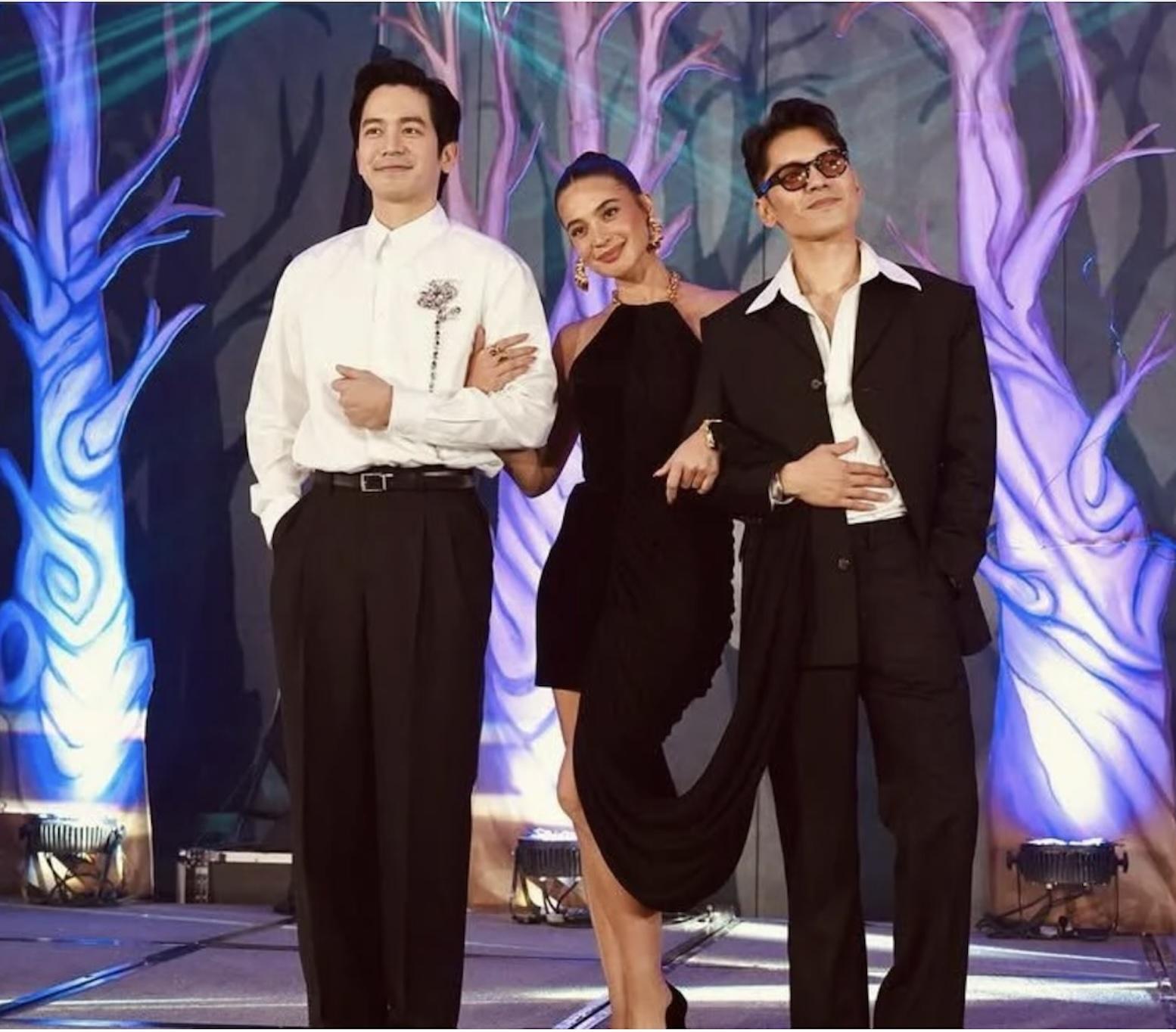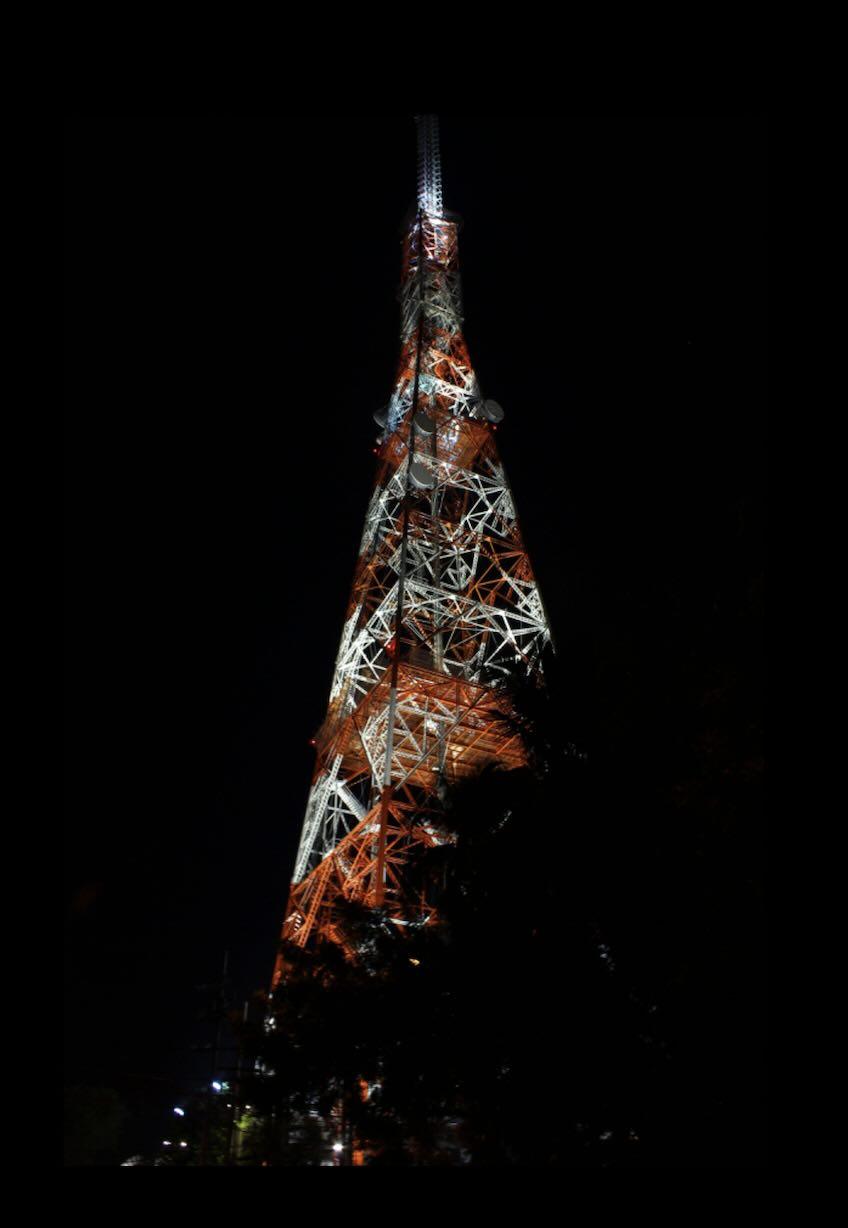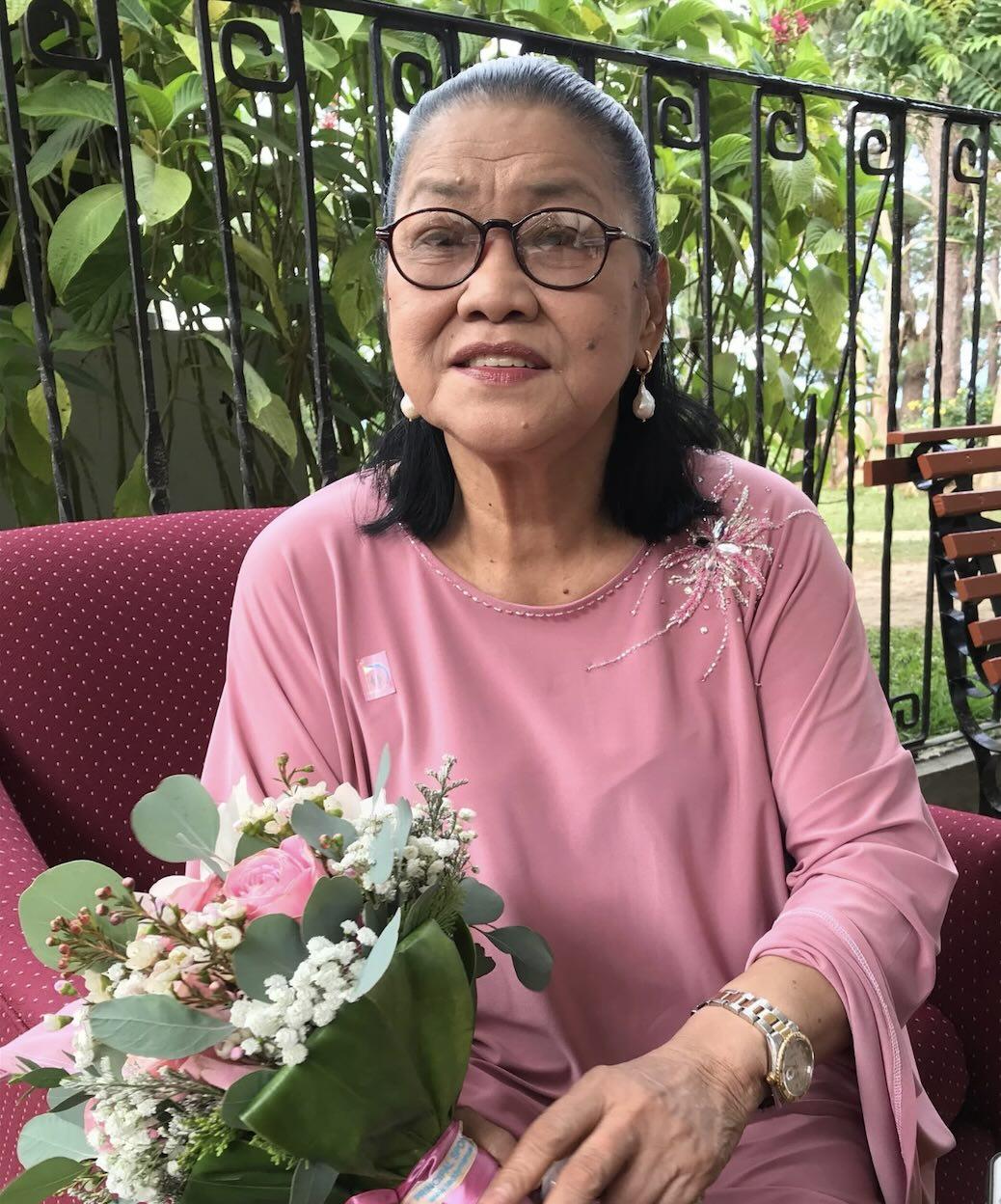Actors Joshua Garcia, Anne Curtis, and Carlo Aquino pose together during the media launch of the Philippine adaptation of It’s Okay to Not Be Okay, drawing excitement for the highly anticipated series remake. (Photo credit: @starmagicphils on Instagram)
MANILA, Philippines – A reimagined love story of healing, trauma, and redemption arrives on Filipino screens this July as the long-anticipated Philippine remake of It’s Okay to Not Be Okay officially debuts on Netflix on July 18, followed by releases on iWantTFC and Kapamilya Channel.
Based on the 2020 Korean hit by Studio Dragon and CJ ENM, the Filipino version—produced by ABS-CBN Studios in collaboration with Netflix—marks one of the most ambitious local adaptations to date, taking on a series beloved for its nuanced handling of mental health and emotional scars.
A FILIPINO INTERPRETATION OF HEALING
At the center of this remake is Patrick, played by award-winning actor Joshua Garcia, a kind-hearted psychiatric nurse burdened with caring for his autistic brother, Matthew (portrayed by Carlo Aquino). Their quiet world is upended by the arrival of Emilia Hernandez, a mysterious and emotionally volatile children’s book author brought to life by actress-host Anne Curtis, who returns to acting after a five-year hiatus.
The series explores how broken people can find healing in each other—an idea that director Mae Cruz-Alviar says was carefully “Filipinized” to resonate more deeply with local audiences.
“An adaptation is your own interpretation,” Cruz-Alviar said in a press statement. “This one is grounded in Filipino realities, seasons, and families. It has new souls, but it stays true to the original’s emotional weight.”
GROUNDED IN LOCAL CONTEXT, WITH UNIVERSAL THEMES
Unlike the original’s chilly Korean backdrop, the Philippine version unfolds in more familiar settings, trading snowy landscapes for the country’s wet and dry seasons, and replacing certain cultural nuances with Filipino sensibilities—extended families, quiet generational trauma, and deep-seated stigma around mental health.
Filming wrapped earlier this year after nearly 12 months in production. The cast also includes Enchong Dee, Xyriel Manabat, Francis Magundayao, Agot Isidro, Rio Locsin, Michael De Mesa, Edgar Mortiz, and Kaori Oinuma.
ANNE CURTIS RETURNS—AND OPENS UP
For Anne Curtis, taking on the role of Emilia wasn’t just a performance—it was personal.
“I had my own journey of anxiety,” she shared during a press interview. “I learned that it really is okay to not be okay. This role scared me, but I leaned into that fear.”
Curtis’ portrayal of Emilia—a brilliant yet emotionally distant woman scarred by childhood trauma—echoes a familiar pain for many Filipinos: the silence around mental and emotional wellness. The series doesn’t shy away from this, but rather, explores how support and presence can begin to mend long-standing wounds.
“Being there for someone, showing up—that is a sign of love,” Curtis said.
A GENTLE HANDLING OF MENTAL HEALTH
Mental health professionals were reportedly consulted throughout production, with the creative team committed to balancing authenticity with sensitivity.
Carlo Aquino’s role as Matthew, a character on the autism spectrum, has been praised early on for its grounded portrayal. Meanwhile, the show’s depiction of psychiatric care aims to destigmatize mental illness—especially important in a country where conversations about trauma, depression, or emotional abuse are often muted by cultural shame.
Director Cruz-Alviar emphasized that they were careful “not to overwhelm” audiences while keeping the storytelling real and relatable.
A TRAILER THAT STRUCK A CHORD
The official trailer—released July 5—sparked immediate buzz online. Among its most gripping visuals: Emilia standing in emotional collapse, brandishing a knife, stopped by Patrick’s bleeding hand. The scene, though shocking, is a poignant metaphor for the destructive nature of suppressed trauma—and how compassion can interrupt it.
Lines like “Do you believe in destiny?” and “You saved me” tease a story that is as much about fate as it is about the conscious choice to heal, to grow, and to forgive.
A NEW STANDARD FOR LOCAL ADAPTATIONS
The It’s Okay to Not Be Okay PH remake sets a new benchmark for Philippine adaptations of foreign titles. Backed by Netflix and helmed by ABS-CBN’s most seasoned storytellers, the series is poised to challenge how mental health is portrayed in mainstream Filipino media—and how audiences receive it.
The show premieres globally on Netflix (July 18), with additional airings on iWantTFC and Kapamilya Channel later that week. With anticipation reaching fever pitch, many are hoping that the series not only entertains—but inspires compassion, conversation, and change.
Because, as the show reminds us: it’s okay to not be okay. But it’s even better when you don’t have to go through it alone.







